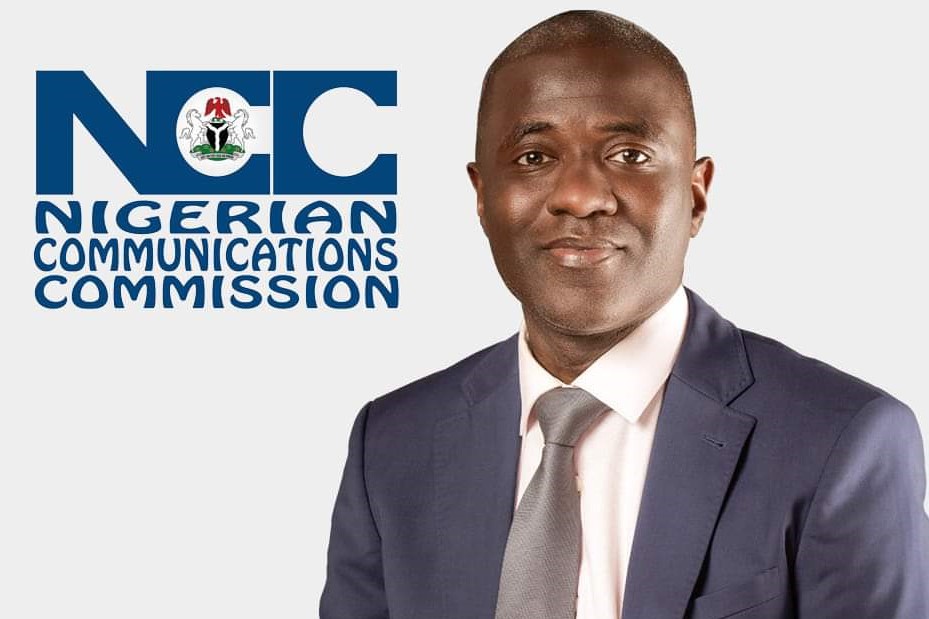
By Miriam Humbe
The Nigerian Communications Commission (NCC) has called on the judiciary to play a pivotal role in supporting Nigeria’s digital transformation.
The Executive Vice Chairman of NCC, Aminu Maida, made the call on Tuesday in Lagos during the two-day annual workshop for judges on Legal Issues in Telecommunications.
Maida said that the judiciary, today, depended on digital tools and technologies to carry out its functions.
He said there was the need for a collaborative effort to drive the country’s digital economy.
The NCC boss said that most of the work judges do had been transformed over time by the introduction of technology, commendably improving the pace and quality of the delivery of justice in Nigeria.
Maida said that clearly, no sector of national life was left out of the digital transformation conversation which impacts all of us.
He said: “Increasingly over the years, telecommunication infrastructure has suffered from disruptions due to extensive damage from vandalism and theft, fiber cuts by construction companies to mention a few, and even restricted access that prevents operators from servicing critical infrastructure.
“The industry has long called for special protections to be accorded to these assets to ensure continuous connectivity and reliable communication services.”
The Presidential Order designating telecommunications infrastructure as Critical National Information Infrastructure requires judicial support to ensure effective implementation.
“Under this Order, individuals, organisations, or even government agencies are prohibited from sealing, removing, or damaging telecommunications infrastructure without a lawful court order,” Maida said.
He said the Courts might occasionally receive requests for orders to grant exceptions to the protections afforded to Critical National Information Infrastructures, and that during the workshop, insights would be provided to support judicial discretion in evaluating such requests.
Maida said that the order would safeguard vital telecommunication assets, enhance national security, and promote economic growth.
He said: “The judiciary’s role in protecting fundamental rights, enforcing contracts, and developing digital jurisprudence is vital to Nigeria’s digital transformation”.
The NCC boss further said that the Commission was working with key stakeholders, including the Office of the National Security Adviser and the Federal Ministry of Communications and Digital Economy, to ensure seamless implementation of the Presidential Order.
He said: “The judiciary’s role in shaping Nigeria’s digital future cannot be overstated.We must work together to ensure Nigeria remains competitive in the global digital economy.
“Nigeria’s digital economy has tremendous potential for growth, with revenues projected to reach 18.30 billion dollars by 2026. The country’s digital transformation is expected to create employment opportunities, reduce poverty, and promote innovation”.
Chief Justice of Nigeria, Justice Kudirat Kekere-Ekun, commended the NCC for its efforts at protecting consumers from unfair practices by service providers.
Represented by Justice Jummai Sankey, Justice of the Supreme Court, Kekere-Ekun said that the Nigerian judiciary was committed to the development of the telecommunications sector.
The CJ said that to show commitment, the judiciary would continue to ensure coherence in the interpretation of the relevant laws as well as transparency and efficiency in the dispensation of justice.
She mentioned some pressing concerns, including cybersecurity risks, consumer data protection, and the critical need for improved dispute resolution frameworks within the digital economy.
Justice Kekere-Ekun was hopeful that the workshop would help judicial officers gain the technical expertise required to tackle emerging legal challenges in telecommunications


